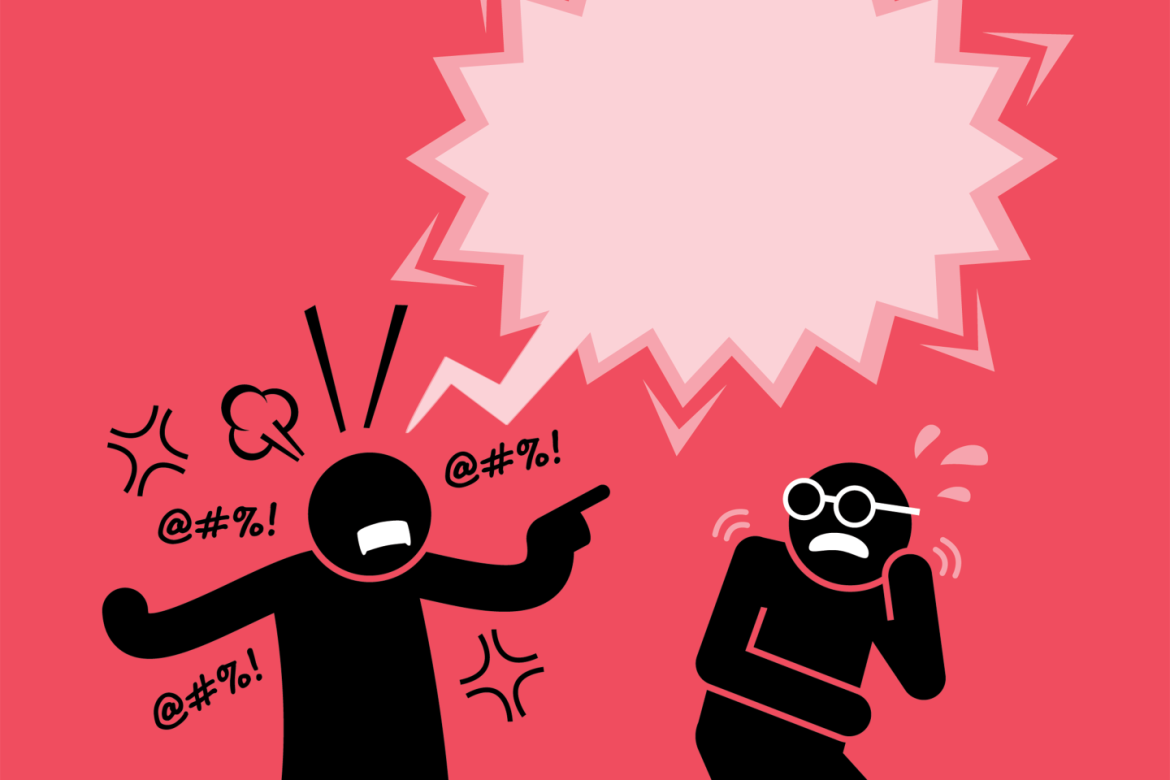In a troubling development, racist hate speech on social media has doubled in Costa Rica over the past year, according to a report from the United Nations office in the country. The report, which covers the period from June 2023 to May 2024, revealed a staggering 102% increase in expressions of racism, a 67% rise in hate speech against women, and a 65% uptick in xenophobic comments.
Alarming Statistics
The report highlighted that nearly 1.7 million messages and conversations linked to hate speech and discrimination were detected during the analyzed period, up from 1.5 million in the previous year. It also noted that two out of three emitters of these hate messages are men.
UN Coordinator Speaks Out
Allegra Baiocchi, the UN coordinator in Costa Rica, addressed the alarming rise in hate speech, stating, “We cannot allow women, Afro-descendants, LGBTIQ+ people, persons with disabilities, migrants, refugees, or people simply because of their place of birth or religion to continue being affected by hate and discrimination.”
Social Media as the Battleground
According to the report, the main social network used by those spreading hate speech is X (formerly Twitter), which accounts for 66% of the collected hate messages. Despite a 64% decrease in the number of individuals spreading this type of discourse compared to the previous year, the report notes that “there is a more aggressive behavior observed among those who do issue these discourses.”
A Growing Problem
The UN’s findings are part of the fourth study of its kind, showing a sustained increase in hate speech in Costa Rica via social media. The numbers have surged from 550,000 recorded instances in 2021 to the current 1.7 million.
Government Efforts and UN Recommendations
While the UN acknowledged the existence of a governmental strategy in Costa Rica to combat this phenomenon, it called for “urgent attention to the accelerated growth it has experienced.”
A Deeper Dive into the Numbers
The detailed breakdown of the report shows that hate speech against women increased by 67%, reflecting deep-seated misogyny that still pervades parts of society. Xenophobic comments, which rose by 65%, indicate a growing intolerance towards migrants and refugees, a trend not unique to Costa Rica but worrying nonetheless.
The Role of Social Media
The prevalence of hate speech on X, formerly known as Twitter, is particularly concerning. This platform alone accounted for 66% of the hate messages, showcasing how social media can be a double-edged sword. While it provides a space for free expression, it also allows hate speech to spread like wildfire.
The Human Impact
The real-world impact of this virtual hate cannot be overstated. Victims of hate speech often suffer from anxiety, depression, and a sense of isolation. In more severe cases, online hate can translate into real-world violence and discrimination.
Global Perspective
This issue is not confined to Costa Rica. Around the world, hate speech on social media platforms has been a growing concern. The anonymity provided by these platforms often emboldens individuals to express views they might otherwise keep to themselves.
The Need for Action
The report underscores the urgent need for action. While Costa Rica’s government has implemented strategies to combat hate speech, the rapid increase in such behavior indicates that more robust measures are needed. This could include stricter regulations on social media platforms, public awareness campaigns, and support for victims of hate speech.
In summary, the doubling of racist hate speech on social media in Costa Rica is a cause for serious concern. The UN report highlights the need for immediate action to address this growing problem. By working together, the government, social media platforms, and civil society can help to create a more inclusive and tolerant environment both online and offline.

